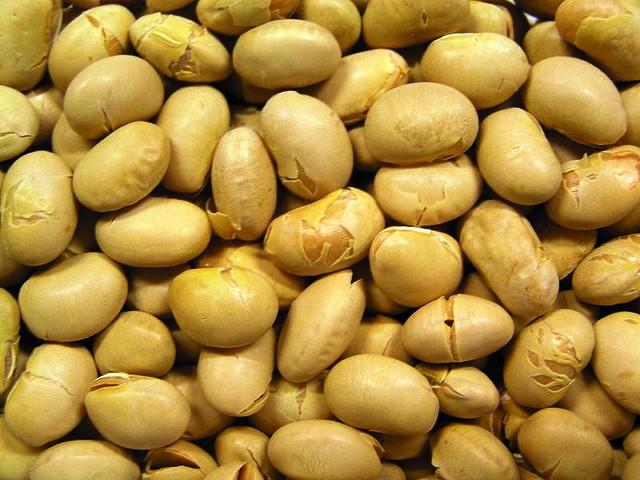
Section Branding
Header Content
'Kudzu Bug' Threatens Soybeans
Primary Content

Georgia’s soybean growers have a new nuisance to deal with: the so-called “kudzu bug.”
The insects seem to control the growth of the invasive kudzu plant, but they also like soybeans, a $76 million crop last year in Georgia.
The “kudzu bugs” invade fields by the thousands and feed directly on the plants’ stems.
Scientists said tests predict soy crop yields could drop by a third or more if the bugs are not controlled with pesticides or other methods.
“The problem is the number of the bugs that we deal with. We’re talking about tens [or] maybe hundreds of thousands of bugs in a 30 to 40 acre soybean field,” said Jared Whitaker, a University of Georgia agronomist who works on cotton and soybean crops. “So by sheer numbers, killing all those bugs can be difficult.”
Scientists say they’re still studying the best ways to manage the recently-arrived insect.
“Insecticides will be a part of it, but we hope to learn to do some other things as well where a farmer could just manipulate his practices to help us manage the pest,” said Phillip Roberts, a UGA extension entomologist.
Any method will cost growers more money.
The insect first showed up two years ago in nine counties around metro Atlanta and Athens. Now it’s in at least 125 counties in Georgia and has spread to North and South Carolina.
Tags: agriculture, kudzu, Georgia crops, soybeans, kudzu bug, Phillip Roberts, Jared Whitaker
